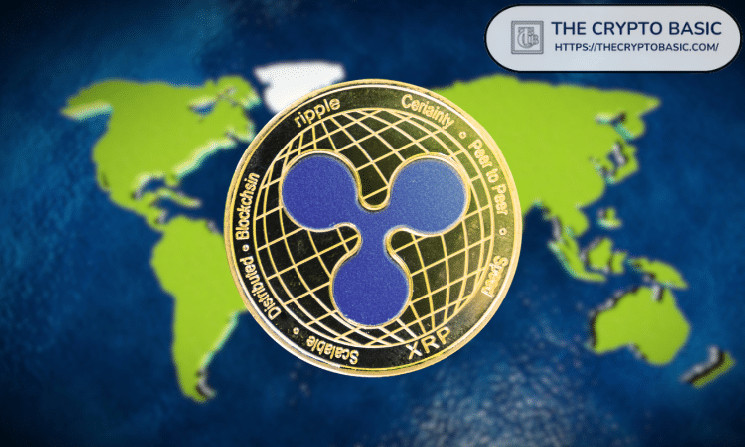Leading crypto payments company Ripple Labs will buy back a substantial amount of its shares in a bid to bolster investors’ confidence.
The development was first revealed to Reuters by an anonymous source. According to Reuters, Ripple will buy back $285 million of its shares from its employees and early investors.
The source said that investors in this category are only allowed to sell up to 6% of their holdings. The investment, also known as a tender offer, will put Ripple’s valuation at around $11.3 billion.
Ripple to Splash $500M to Buy Back Shares
Ripple, while confirming the development, told Reuters that it could spend up to $500 million. According to the company, the excess would cover taxes as well as the conversion of restricted stock units into shares.
The San Francisco-based payments company disclosed plans to engage in more share buyback initiatives regularly to provide liquidity for investors. Ripple’s buyback plan is a strategic move that aims to bolster investors’ confidence.
Ripple Maintains Strong Financial Position
It is worth noting that Ripple’s financial position has remained strong despite being embroiled in a multi-year legal battle with the SEC.
Brad Garlinghouse, the CEO of Ripple, revealed that the company holds $25 billion in crypto and $1 billion in cash. Most of Ripple’s crypto holdings are in XRP, a coin that has become a significant part of the firm’s business.
A substantial amount of Ripple’s XRP holdings are locked in escrow and are not yet part of the coin’s circulating supply. At press time, Ripple has 45.9 billion units of XRP in escrow.
Ripple releases 1B XRP from escrow every month before locking 80% of the total sum. Subsequently, Ripple sells the remaining 20% (200 million XRP) on exchanges to cater for its monthly expenses.
No Plans of Going Public Soon
Meanwhile, Garlinghouse, while talking to Reuters, dismissed speculations that the planned buyback is part of Ripple’s efforts to go public in the United States.
According to the Reuters report, Garlinghouse emphasized that the company does not plan on making such a move anytime soon, citing regulatory uncertainty.
Read the full article here

